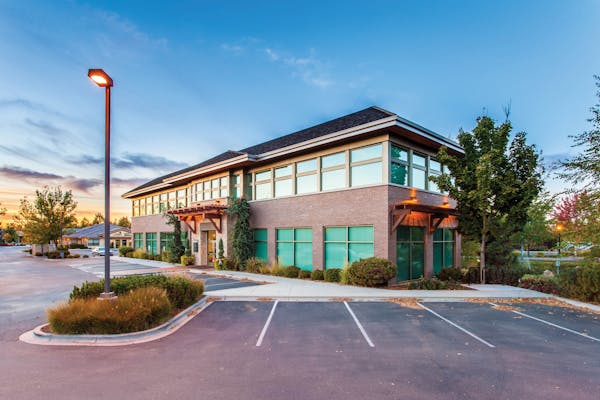Choosing the right driveway material can feel like solving a complex puzzle for homeowners. The best asphalt driveway material offers a range of benefits that can make your property look great and stand up to years of use. Whether you’re building a new home or replacing an existing driveway, understanding the pros and cons of different materials is crucial to making a smart investment.
Understanding Driveway Fundamentals
The best asphalt driveway material isn’t just about looks – it’s about finding the perfect balance between durability, cost, and performance. Homeowners today want a solution that looks great, holds up to daily wear and tear, and doesn’t break the bank. Let’s dive into what makes asphalt and concrete such popular choices for driveways.
Asphalt: The Flexible Performer
Asphalt driveways have a lot going for them. They’re typically less expensive upfront, quick to install, and can be easily repaired. In areas with extreme temperature changes, asphalt has a secret weapon – flexibility. It expands and contracts with temperature shifts, which means fewer cracks and less damage over time. Plus, if you do get a crack, it’s usually pretty simple and affordable to patch.
Concrete: The Long-Lasting Contender
Concrete driveways bring their own set of strengths to the table. They’re incredibly durable and can last up to 40 years with proper maintenance – significantly longer than most asphalt driveways. They handle heavy loads better and don’t soften in extreme heat like asphalt can. The trade-off? They’re more expensive to install and can be trickier to repair.
Maintenance Matters
Here’s where things get interesting. Asphalt driveways need more frequent maintenance – typically a fresh seal coat every 3-5 years. Concrete, on the other hand, requires less ongoing care but can be more challenging and expensive to repair when damage does occur. Think of asphalt like a car that needs regular oil changes, while concrete is more like a well-built appliance that just keeps running.
Climate Considerations
Toronto’s weather plays a big role in driveway performance. Asphalt handles freeze-thaw cycles well, making it a solid choice for our climate. It’s less likely to crack in winter and can be quickly patched if damage occurs. Concrete can be more prone to cracking in extreme cold, though proper installation can mitigate many of these issues.
Cost Comparison
Let’s talk money – because we know that’s always important. Asphalt driveways typically cost less upfront – about $7-$13 per square foot compared to concrete’s $10-$20. But remember, the total cost of ownership includes maintenance. Asphalt might save you money initially, but you’ll be spending more on upkeep over the years.
The bottom line? There’s no one-size-fits-all answer. Your perfect driveway depends on your budget, climate, and personal preferences. Asphalt offers flexibility and lower upfront costs, while concrete provides longevity and durability. The best choice is the one that fits your specific needs and budget.










